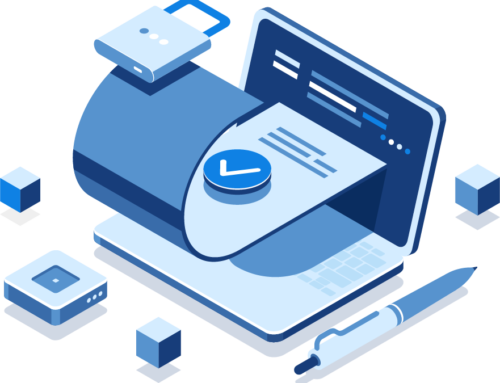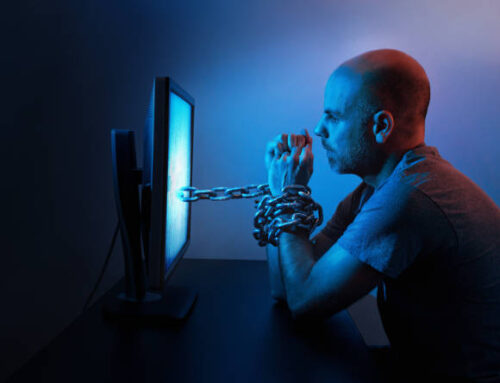For all of the many benefits offered by the internet, it can be a scary place for parents, as there is so much content floating around online that is inappropriate for their children. Worse yet, since younger children are generally more trusting or naïve in nature, they are also easy targets for those who try to manipulate them, including online predators, cyberbullies, and identity thieves. Sometimes it feels like there isn’t much that can be done about these issues though: avoiding the internet completely just isn’t an option in this day and age, as it is tied to our work, schooling, entertainment, and social lives.
Even if it wasn’t so entwined with our daily lives, the sheer variety of the devices that can connect with the internet would make trying to cut off a child’s access to the internet a challenge. However, a mindful parent can still mitigate the dangers of the internet and provide a safer online experience for their children. By being aware of their online usage, teaching the importance of online privacy, and installing filtering and accountability software, it is possible to keep kid’s time online free of harmful content and instill in them the values that will continue to keep them safe later in life.
Keeping A Watchful Eye
According to a cybersecurity specialist, 60% of parents say that they aren’t aware of what their children do online. This is disconcerting, as while it might not always be possible, the easiest way to ensure a safer online experience for your children is to simply keep an eye on them while they are using the internet. By making sure that your kids use their computer or smartphone where you can see them, you help keep them out of trouble while also staying informed on what they are spending their time doing. Obviously, you want to avoid being too overbearing, particularly with older kids who might resent the lack of privacy that comes with constant monitoring of their online activity, but it pays to be vigilant, especially if they are using social media or chatting with others online.
Establish Accountability & Teach Privacy Strategies
Even when you can’t be with your kids while they spend time on the internet, it is possible to keep them safe by teaching them the value of accountability and privacy online. Children are far more likely to overshare while online than adults, telling people their name, where they live, and various personal details about themselves or their families. Some share this information with people they don’t even know, unaware of how it could be used against them in the future. While younger generations are more “tech literate,” they still often don’t fully comprehend that what they post online never really goes away, and that their lack of foresight can come back to haunt them if they are not careful. Personal photographs intended for one person can be shared with others, embarrassing texts you made years prior could be used by prospective employers as grounds for not hiring you, and the friendly stranger online asking where you are from could easily be a predator.
It is essential to stress to kids that certain information should never be shared online, even with people they know in real life. For instance, explain to them that passwords are there to help protect against things like identity theft, so it shouldn’t be shared with anyone, even a close friend. After all, while they wouldn’t do anything with the information, someone else might if they got a hold of it. Furthermore, even if they are using social media and largely talking with friends and family, what they post can usually be accessed by anyone, so encourage them to filter what they post through that lens.
Install Additional Filtering Software
In addition to monitoring and educating your kids on internet safety, another way to protect them while they are online is to invest in filtering software that limits the type of content they can see. Most programs like this allow you to adjust the degree of filtering or what specific type of content you want to block, allowing you to tailor it to your specific needs. Some filtering and web-security software also keep track of the sites your children have visited and will directly send you an alert if they have accessed content that violates your restrictions. Selecting filtering software takes some consideration, but it can go a long way towards eliminating access to unwanted content online.
Just Talk To Them
Above all else, the most important thing you can do to protect your children online is to talk to them and be conscious of how they spend their time using the internet. This means not only educating them on the potential dangers, but also educating yourself on the latest internet technologies. You might not be the most tech-literate person, but you can only provide so much help if you don’t understand how the internet, social media, and the platforms that you kids use work. The best part is that for older kids at least, it is usually easy enough to just ask them to explain it to you. So long as you approach them in earnest about it, they can share with you the knowledge that comes from being a digital native, while at the same time you can educate them on ways to stay safe online, informed by the self-awareness and foresight that comes with age.





